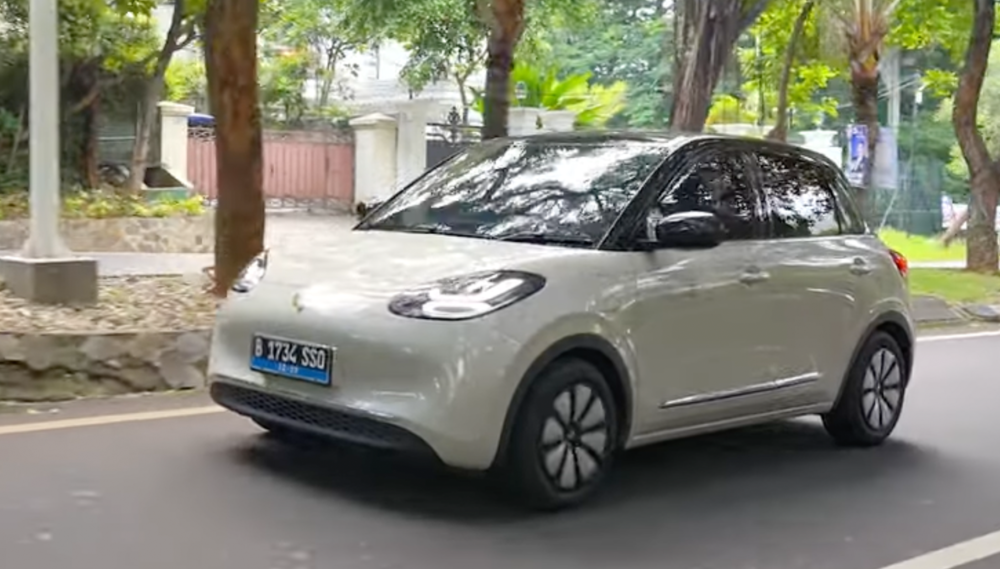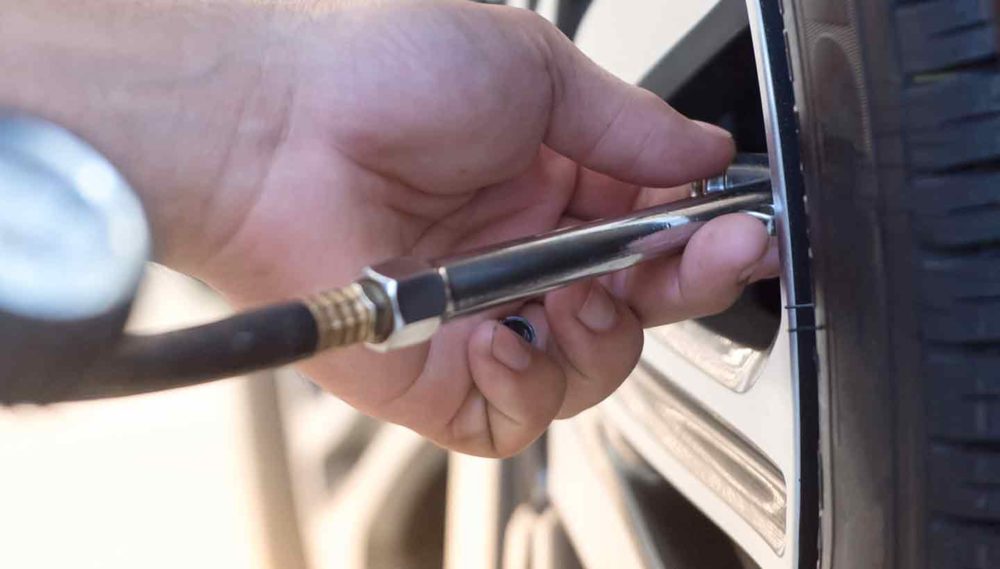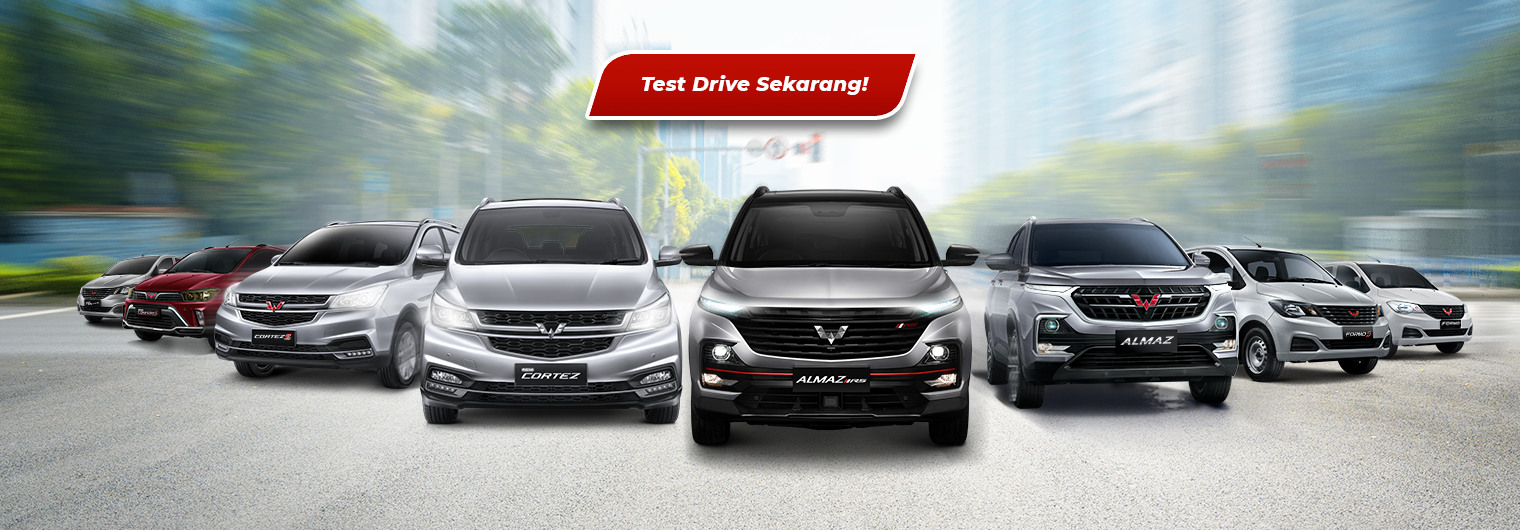What is the Difference Between Electric Car Tires and Conventional?
23 March, 2024

In recent years, interest in electric cars has increased, along with awareness of the importance of using environmentally friendly vehicles. However, when considering an electric vehicle, we should not only pay attention to the engine but also other components, such as car tires.
This article will review the differences between electric car tires and conventional car tires, as well as their impacts, which are important for vehicle users to understand.
Composition of Electric and Conventional Car Tires
The composition of car tires, both electric cars and conventional cars, is basically the same. However, there are several differences in material and design aspects, which are based on the needs and characteristics of each type of car. The following is an explanation of the composition of electric and conventional car tires:
Tire Type
Electric car tires are specially designed to prioritize efficient use of power. They use Low Rolling Resistance (LRR) tires, which have better rolling power, thereby helping reduce friction and increase energy efficiency.
Meanwhile, conventional car tires do not have special specifications regarding energy efficiency. The designs and types of conventional car tires are more diverse and depend on the car’s performance requirements and conditions of use.
Materials and Coatings
The basic materials for making electric and conventional car tires are significantly different. Electric car tires tend to use lighter, higher-tech materials to maximize energy efficiency. These tires are designed to reduce friction and extend service life.
The materials and layers used in conventional car tires are more diverse. However, the use of a mixture of rubber, fiber and other reinforcing materials causes the tire to be heavier and less efficient.
Size and Profile
Electric cars vary in size to accommodate batteries installed under the chassis. The tire profile is also different from conventional cars to optimize efficiency and comfort.
Similar to electric car tires, the sizes and shapes of conventional car tires also vary. Conventional car tires are designed to handle various types of road conditions and loads. However, this depends on the type of car, such as SUV, truck, sedan, and others.

Electric vs Conventional Car Tire Emissions
In general, conventional car tires, which are used on fossil fuel vehicles, produce exhaust emissions such as carbon dioxide (CO2), nitrogen oxides (NOx), carbon monoxide (CO), and other dangerous particles that are detrimental to the environment and human health.
On the other hand, electric car tire emissions tend to be lower or even produce no emissions. This is caused by the use of electric power as an energy source in electric cars. The existence of electric cars helps reduce negative impacts on the environment significantly.
Performance of Electric Car Tires vs Conventional
-
Traction dan Handling
Electric car tires are usually equipped with special technology that aims to increase traction, especially when faced with uneven or wet and slippery road conditions. The tire profile of electric cars has a slimmer design that is optimized to improve handling. In addition, the weight of an electric car battery located at the bottom can improve overall stability and balance, which also contributes to better handling.
-
Durability and Weather Resistance
Electric car tires tend to have better durability than conventional car tires. This is due to the special design of electric car tires, which are able to bear the additional load caused by the weight of the larger battery.
Apart from that, electric car tires are also designed with better weather resistance, especially against water and snow. Designed to drain water more efficiently, which in turn improves traction and reduces the risk of aquaplaning. Automatic air pressure control technology is also embedded in electric car tires, which can adjust the air pressure in the tires according to certain weather conditions to ensure optimal performance.

Electric vs Conventional Car Tire Production and Maintenance
Electric cars generally have tires with more sophisticated technology and more expensive materials than conventional cars. This can affect the overall production costs of electric cars. In addition, electric car tires are more resistant to wear due to the use of technology designed to optimize efficiency and durability.
However, the cost of maintaining electric car tires tends to be lower than that of conventional cars. It requires less maintenance on the braking and suspension systems, which contributes to reduced overall maintenance costs.
After exploring and understanding the differences and characteristics between electric and conventional car tires, it is important for vehicle owners to have an in-depth understanding of how these components affect the performance and use of their vehicle. In this way, car owners can ensure that their vehicles continue to run optimally.



